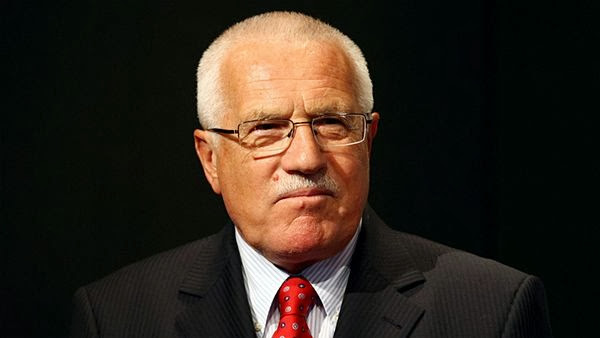The great experiment has begun
Obamacare officially debuts today with the opening of health care exchanges
in all 50 states. Some of these exchanges may be more ready than others —
exchanges in Colorado, Oregon, Vermont, and the District of Columbia, for
example, will not be fully operational. Still, the opening of exchanges will
give most Americans the first view of Obamacare in operation.
That first view might not provide the best first impression. After all,
there have already been more than a few of what the administration euphemistically
calls “glitches.” For example, the software that determines how much people
actually have to pay for the insurance can’t actually calculate the price. Then
again, the system also can’t verify your income or whether your employer
offered you “affordable” coverage.
“The opening of exchanges will give most Americans the first view of Obamacare in operation.”
So there might be a few problems.
The American people are about to be the lab mice for one of the great
experiments in government, and there is going to be a great deal of confusion.
Among people’s most common questions:
What is an exchange?
An exchange is a government regulated insurance marketplace designed to help consumers purchase individual insurance plans. Think of it as e-surrance as designed buy a committee of government bureaucrats. Essentially, it’s a website where shoppers can compare and buy health insurance. Some states are operating exchanges on their own, but in most states the federal government will be running it. While the government runs the exchanges, the insurance is being sold by private companies. It is not a government insurance plan, in the sense of a single-payer system like in Canada or Europe. However, it is also not a free market; the insurance plans are highly regulated and choice is limited.
An exchange is a government regulated insurance marketplace designed to help consumers purchase individual insurance plans. Think of it as e-surrance as designed buy a committee of government bureaucrats. Essentially, it’s a website where shoppers can compare and buy health insurance. Some states are operating exchanges on their own, but in most states the federal government will be running it. While the government runs the exchanges, the insurance is being sold by private companies. It is not a government insurance plan, in the sense of a single-payer system like in Canada or Europe. However, it is also not a free market; the insurance plans are highly regulated and choice is limited.
Do I have to do anything?
Probably not. Despite all the hype, the opening of the exchanges won’t impact the average American. If you receive insurance through your job, for example, nothing much is likely to change, at least in the short-term. However, if you are uninsured, buy your insurance on the individual market, or the insurance that your employer provides costs you more than 9.5 percent of your income, you will be able to purchase insurance on an exchange. Others may also be able to buy insurance on an exchange if they want to, but will not be eligible for subsidies.
Probably not. Despite all the hype, the opening of the exchanges won’t impact the average American. If you receive insurance through your job, for example, nothing much is likely to change, at least in the short-term. However, if you are uninsured, buy your insurance on the individual market, or the insurance that your employer provides costs you more than 9.5 percent of your income, you will be able to purchase insurance on an exchange. Others may also be able to buy insurance on an exchange if they want to, but will not be eligible for subsidies.












